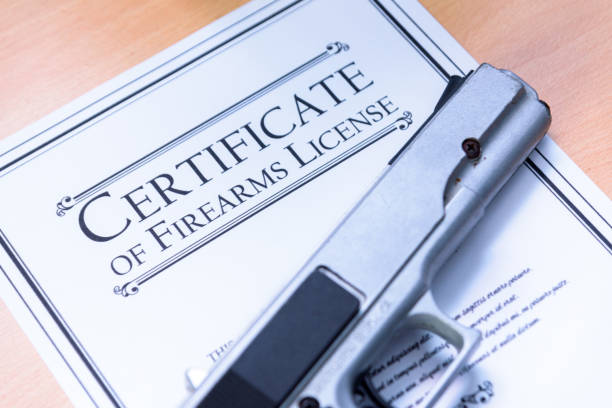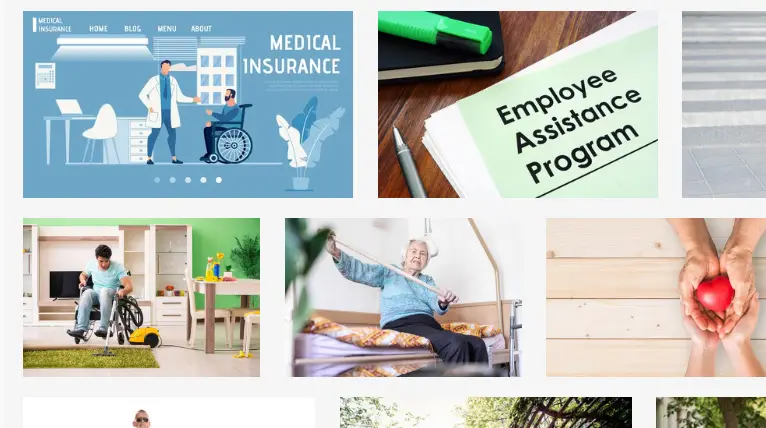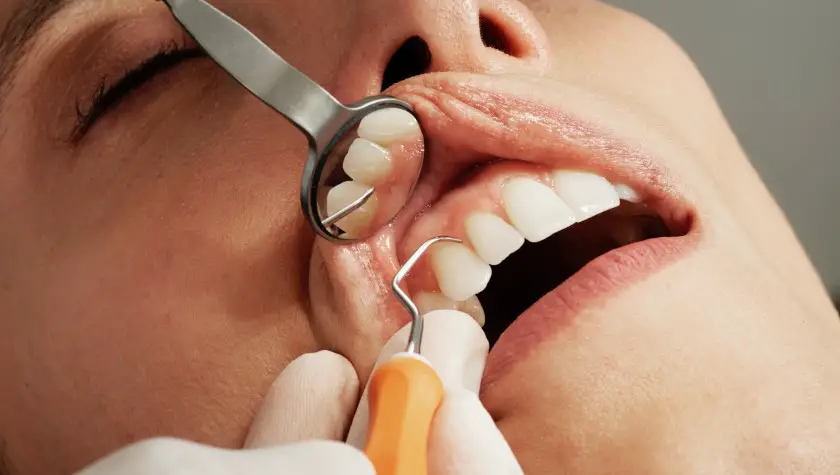Concealed Pistol License (CPL) has many benefits including making you aware of your surroundings and helping minorities and women who cannot always rely on police protection.
It helps to keep individuals and the public safe while reducing the rate of crime.
And because we are in a world with increasing crime rates, it is better to have a weapon on you when you need it than to run helter-skelter in search of a weapon.
Proper timing is a significant difference between life and death.
According to US laws, only those aged 21 and above can obtain a CPL.
Except for persons that are legally incapacitated, people with a personal protection order against them, and felonies.
Other conditions can disqualify you from obtaining a CPL.
And that brings us to the subject topic: can a Caregiver have a CPL?
Table of Contents
- Who Is a Caregiver?
- Can a Caregiver Have a CPL?
- Requirements for a CPL
- Why Your CPL Application May be Rejected
- Pros of Having a CPL
- Cons of Having a CPL
Who Is a Caregiver?
A caregiver is a member of a disabled person’s social network.
This role could be paid, unpaid, or voluntary. However, it involves caring for a person with health issues.
A caregiver’s role ranges from helping a disabled or elderly person in dressing up, taking medications, eating, and many other daily tasks.
Caregiver as a profession can sometimes be challenging, yet, rewarding and exciting.
Let’s take a quick look at the most important qualities of a caregiver.
- Empathy
- Patience
- Detail Oriented
- Communication
- Humor
- Cooperative
Caregiver needs these qualities to make the process enjoyable for themselves and their patients.
But note that a caregiver is not allowed to perform a medical assessment and provide medical care or advice.
Related: What Happens If You Hit a Disabled Person? (Answered)
Can a Caregiver Have a CPL?

Caregivers are just like most adult Americans covered by the 2nd amendment and have the right to carry weapons within legal boundaries.
So, the answer is yes. Caregivers can have a CPL if they meet the requirements for obtaining it.
A CPL will be useful to a caregiver in protecting themselves and their patients.
It is considered legal and not punishable under the law.
Requirements for a CPL
The following are the requirements to get a CPL according to the Michigan State Police.
You are older than 21 years
If you are below 21, you are not eligible to get a CPL.
Otherwise, a caregiver over 21 years can fill in the CPL application form to obtain the license.
US citizen
You must either be a citizen of the United States or lawfully admitted into the US to obtain a CPL. A non-USA citizen is not eligible to get a CPL.
A driver’s license or identification card
Another requirement is to show your identification card or driver’s license. Note that these documents must be lawfully obtained and contain the correct information.
Firearm training
While some states require a specific set of training to use a firearm, others don’t.
For example, you can carry your weapon legally in the public in Illinois. So, it buzzes down to the rules and regulations of your state.
Related: 10 Best Disability Management Companies
Why Your CPL Application May be Rejected

Below is the list of conditions responsible for a delayed or rejected CPL application.
- Previous criminal history/felony
- Domestic assault
- Mental illness
- Larceny
- Drunk driving
- Child abuse
- Embezzlement
- Stalking
- Disorderly person
- Adult abuse
- Controlled substances
Pros of Having a CPL
Deters Crime
Studies show that CPL has significantly deterred crimes in states where they have been adopted.
A 2000 crime data evaluation shows that there was a 3% reduction in robbery, 5% reduction in rape, and 8.5% reduction in murder in the US thanks to CPL.
With CPL, a Caregiver can outrightly reduce the chances of them or their patient being assaulted or hurt. It also reduces their chances of being robbed, raped, or murdered.
Fast response to emergencies
Emergencies like school shootings usually take about an hour response time.
A CPL comes in handy in such situations and helps to prevent an escalation of the incident. The officers can take it up from there to investigate the matter when they arrive at the scene.
Right for caregivers to defend themselves
There are many bad guys out there looking for innocent and vulnerable people to prey on.
These criminals usually have dangerous weapons ranging from knives to axes, guns, and forks to injure their victims.
But instead of allowing themselves to be a victim, people with CPL can defend themselves from these criminals. For example, a caregiver going home at night will find a CPL useful in warding off thieves and rapists.
Related: 7 Easy Jobs that Work with Disabled Children
Cons of Having a CPL
Issues with traveling
Unfortunately, there are places you cannot travel to when you have a CPL.
Some federal buildings, churches, and schools are a no-go area for CPL. This means that there could be a limit to your movement if you have a CPL.
Here’s a warning. Try as much as possible to stay updated with every state’s CPL rules to avoid being penalized for wearing a weapon in areas they are not permitted.
Also, make sure to ask your local officials how to use your weapon safely.
Increased security issues
People are feeling less safe with more and more people roaming around with CPLs.
According to a study, 52% of Americans say they feel unsafe knowing that their next-door neighbor, colleague, and friend wears a gun when they don’t have one.
Increased crime
With more guns on the streets, crime rates are sure to increase because a person with a CPL could be a bad guy, too.
It’s probably an easy route to commit crimes and cause firearm-related violence.
Additionally, a CPL could lead to an increase in brutal confrontations compared to when the victim doesn’t possess a firearm.
Criminals are more likely to carry a gun if they think their victim will be armed.



